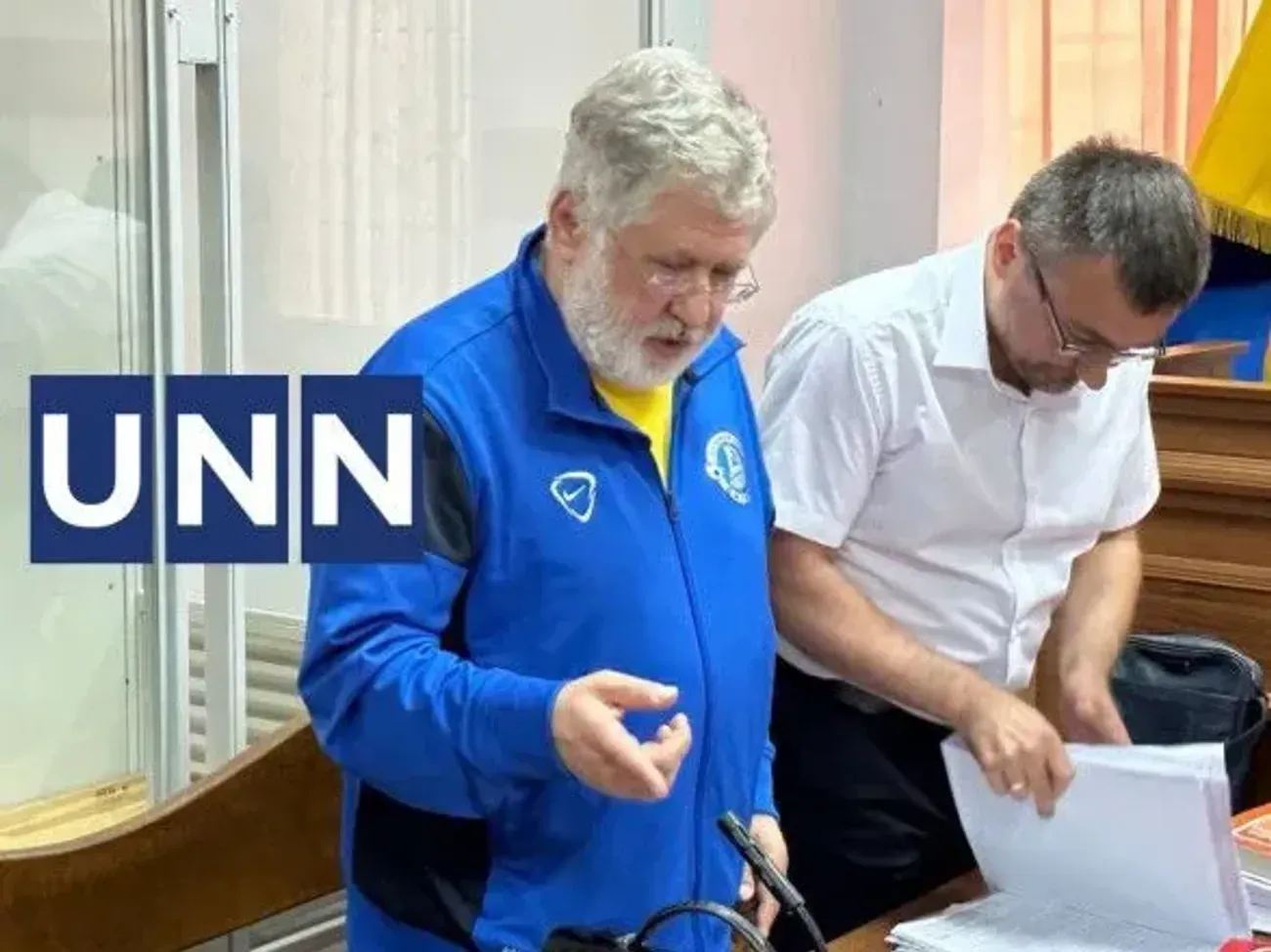“$700 million not received: international arbitration finally closed Kolomoisky’s case against UkraineThe ICSID international tribunal has finally closed the case brought by a company associated with Ihor Kolomoisky, which demanded
$700 million from Ukraine for the loss of control over the Aerosvit airline. This decision protects national interests and is the
result of consistent work by the state’s legal team.
”, — write: unn.ua
DetailsThe Ministry of Justice of Ukraine announced the final termination of proceedings in a high-profile case considered by the International Centre for Settlement of Investment Disputes (ICSID). This concerns the claim of Gilward Investments B.V., whose beneficiaries are Ihor Kolomoisky and Hryhoriy Hurtovyi.
The lawsuit was filed back in 2015, and in it, the claimants tried to recover about $700 million from Ukraine, accusing the state of allegedly illegal actions that, in their opinion, led to the bankruptcy of the Aerosvit airline.
Kolomoisky’s side’s arguments boiled down to the claim that Ukrainian state bodies allegedly created conditions that caused the collapse of the airline. However, the multi-year legal process ended in Ukraine’s favor – the tribunal decided to finally terminate the proceedings without any compensation from the state.
The Ministry of Justice called this decision a defense of national interests and the result of the consistent work of the state’s legal team in arbitrations initiated by oligarchs.
This case is one of a series of arbitration initiatives in which representatives of big business try to challenge asset losses or responsibility for corporate bankruptcies through international law mechanisms. However, as this precedent shows, the justice system is capable of rejecting unfounded claims, even if influential figures are behind them.
RecallLast year, the Commercial Cassation Court of the Supreme Court rejected the cassation appeals of Kolomoisky and Triantal Investments Ltd regarding the return of PrivatBank. The decision is final and confirms the legality of the 2016 nationalization.
